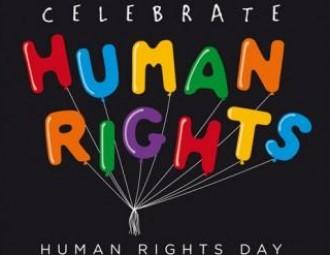Human Rights Day will be held in Belarus

On December 10, 1950 the Universal Declaration of Human Rights was adopted by the UN General Assembly. Since then this day is celebrated throughout the world as the Human Rights Day.
However, the situation with the observance of human rights in Belarus is not improving, reports Human Rights Center “Viasna”. Prisoners of conscience stay in jail; such fundamental civil and political freedoms as freedom of peaceful assemblies, association, expression, participation in the state government through free, democratic and fair elections are not observed. Mass media have been monopolized by the state, whereas independent media and journalists are under constant pressure as well as threats of persecution. Belarus remains the last country in Europe and the former USSR where the death penalty is still used.
The Belarusian authorities openly demonstrate disregard to the international commitments in the sphere of human rights, voluntary undertaken by the country within the UN and the OSCE, by imposing unlawful restrictions on the human rights, human rights defenders from “Viasna”.
Human Rights Center “Viasna” addresses representatives of the human rights and democratic community of the country with the call to mark the International Day of Human Rights by holding solidarity actions with political prisoners as well as actions aimed at informing the Belarusian society about the real situation of human rights in the country.
-
03.01
-
07.10
-
22.09
-
17.08
-
12.08
-
30.09








































